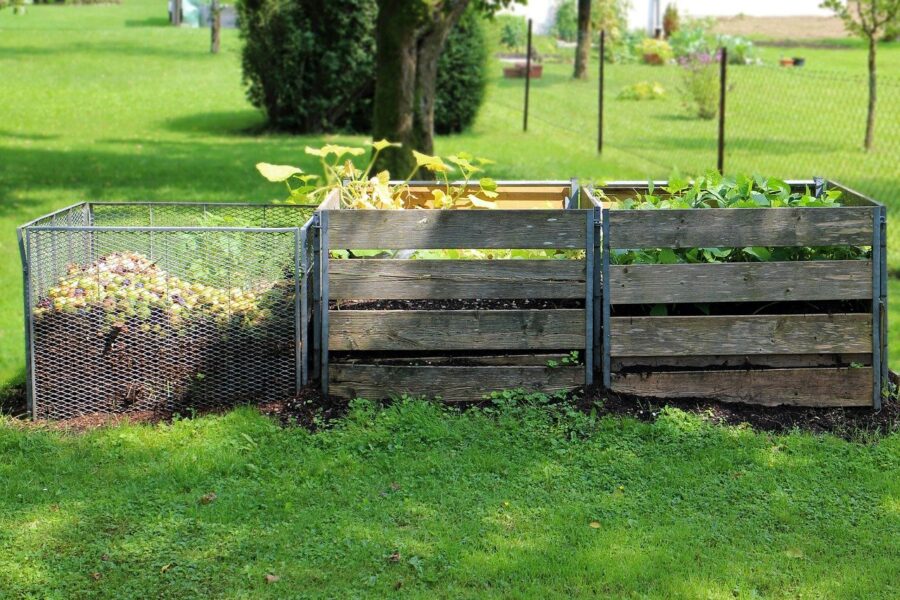 Dr. Jim Gruber, PhD, PE, is one of those renaissance men that are rare these days. Throughout his life, Gruber’s career has brought him all over the world. He has a Master’s degree in engineering from MIT, a Master’s in public administration from Harvard Kennedy School of Government, and a PhD in environmental conservation from the University of Zagreb.
Dr. Jim Gruber, PhD, PE, is one of those renaissance men that are rare these days. Throughout his life, Gruber’s career has brought him all over the world. He has a Master’s degree in engineering from MIT, a Master’s in public administration from Harvard Kennedy School of Government, and a PhD in environmental conservation from the University of Zagreb.
Gruber has done a little bit of everything. Yet, at the core of his work, the focal point has always been the desire to build healthy communities. That’s what brought him to Antioch University in 1993 when Antioch’s New England current campus was brand new. Gruber came to Antioch to establish and co-direct a community non-profit consulting institute, a job that would ultimately become a twenty-seven-year career as a core faculty and chair of the AUNE’s Environmental Studies Department. Gruber recently retired from his position at Antioch. Still, the thread of our community’s social and environmental justice mission runs deep in Gruber’s most recent project, a book published in June called Building Communities- Twelve Principles for a Healthy Future.
“My work to help communities is founded in the vision and early work with Antioch New England Institute and my work with the Environmental Studies Department,” Gruber says.
So how did Gruber become interested in communities in the first place? He chose to move to Alstead, New Hampshire because he admired the quality of community there and to coauthor a book about how people can build their own timber frame houses. It all started when he was developing passive solar designs for houses and working on the Carter Administration’s national energy code. A seed of an idea formed: how much different would the world be if communities led these types of projects. It wasn’t long afterward that Gruber found himself managing a town in Vermont. This gave him the opportunity to reflect upon the question: What if policies and leadership at local levels were more focused on citizen-engagement and empowerment.
“I had to figure out how to get people to come together,” he says. “The key is, don’t get people in the room and start laying out all the problems they have…start with their vision for the future.”
 Since his days in town management, Gruber has traveled all over the world, consulting for national and local governments to implement policies that focus on environmental conservation and community engagement. Building Communities is essentially the accumulation of Gruber’s work and research over the last three decades.
Since his days in town management, Gruber has traveled all over the world, consulting for national and local governments to implement policies that focus on environmental conservation and community engagement. Building Communities is essentially the accumulation of Gruber’s work and research over the last three decades.
“I had an opportunity to listen to and read what local practitioners, local community leaders, and researchers found to be common in many communities that were healthy and thriving,” Gruber says.
In Building Communities, Gruber explores the common characteristics of strong, healthy, and sustainable communities. Gruber sees it as a sort of do-it-yourself manual–complete with twelve guiding principles to help empower communities.
“Don’t come in and say: ‘We know what you need to do.’ That’s a colonialist way of thinking, and it doesn’t work,” Gruber says. “You want to ask, “What is your vision? What do you want your community to be ten years from now?'”
As Gruber points out, the research in Building Communities isn’t limited to local governments. It’s versatile and can adapt towards all kinds of groups that work together towards a common good: neighborhoods, churches, businesses, and even schools. In fact, Gruber himself relied on his Antioch community while creating the book.
 “Many Antioch alums, students, and faculty contributed to the book,” Gruber says. “They wrote case studies, served on the advisory committee, and editorial committee. It takes a greater Antioch Community to write a book on Building Community!”
“Many Antioch alums, students, and faculty contributed to the book,” Gruber says. “They wrote case studies, served on the advisory committee, and editorial committee. It takes a greater Antioch Community to write a book on Building Community!”
These days Gruber is still located in rural New Hampshire. While he is promoting his new book, he’s picked up a new hobby: he runs a winery at his home. Although he has officially retired from his position at Antioch, retirement has not dulled his desire to fight for environmental and social justice. His passion is where it has always been: his family and community. He is currently working with others in restoring a water-powered mill that will also provide a venue for learning and community programs for the region.
Gruber’s legacy at Antioch remains strong thanks to the policies he has helped implement, the students he has taught, and the thriving department and the healthy community he has helped build at Antioch. While his office at the New England campus may be vacant, there’s no doubt that Gruber’s future work will embody the Antioch spirit.


